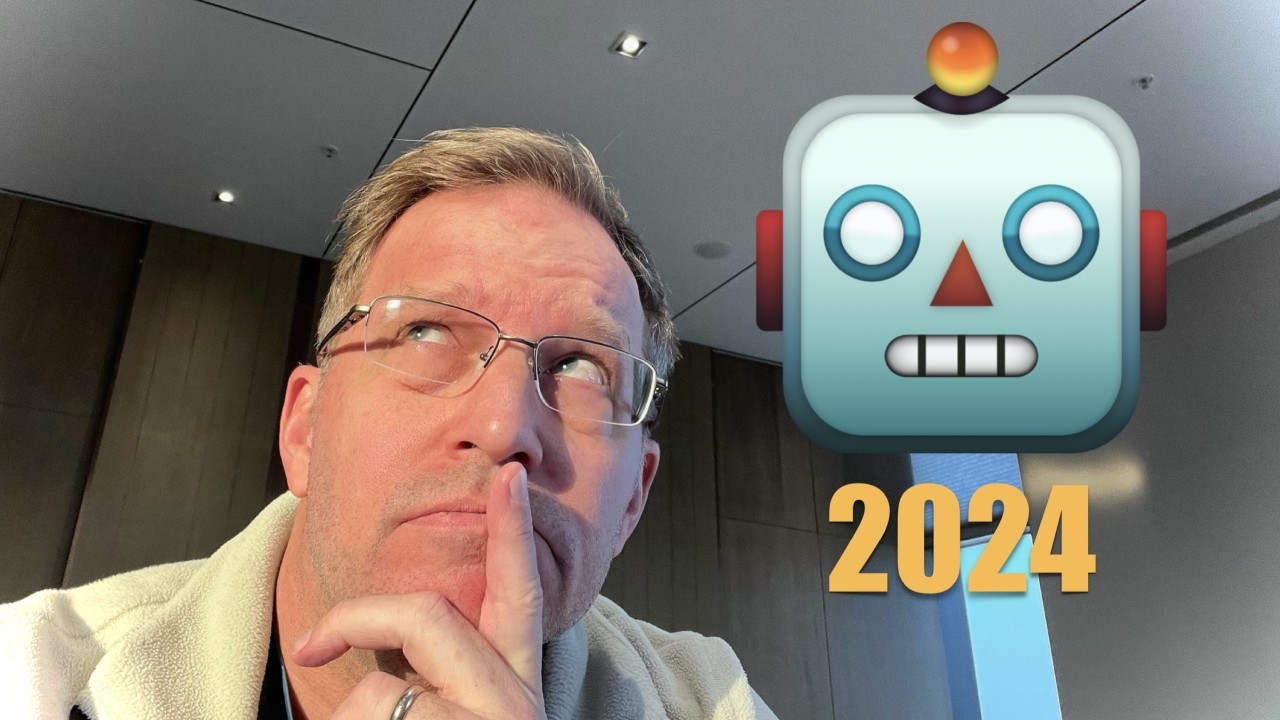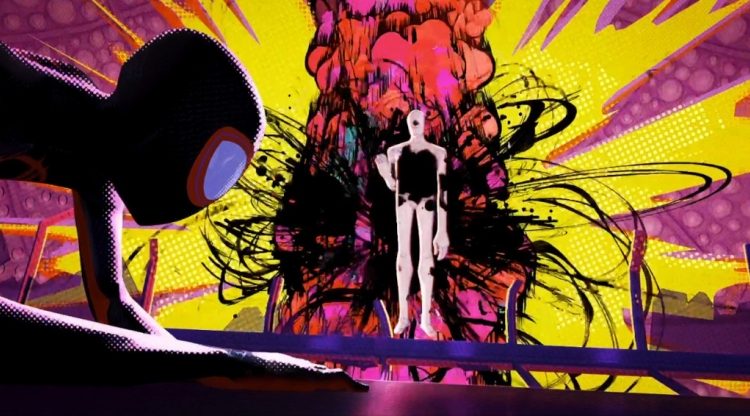The use of AI will provide significant advantages and present serious challenges.

Artificial intelligence (commonly known as AI) is poised to bring about transformative changes to Hollywood in 2024, reshaping the landscape of the film and entertainment industry in profound ways. From revolutionizing creative processes to altering traditional business models, AI presents significant opportunities and daunting challenges.
I have 12 predictions for the impact of AI on Hollywood in 2024, including how AI enables teams to achieve more with less, transforms script coverage and talent scouting, and pushes the boundaries of filmmaking with deepfake technology. The rise of AI in roles such as virtual extras, stunt doubles, voice synthesis, editing, music composition, and predictive analytics signals a major shift in how movies are made and marketed.
These developments bring with them a mix of optimism for efficiency and creativity and concern over ethical implications and the future of human roles in the industry.
One thing’s for sure: AI’s gonna cut both ways in 2024.
Without further ado, here are my 12 predictions for the impact of AI on Hollywood in 2024…
1. AI technology enables smaller creative teams to accomplish more work in less time.
This is the big one. AI capabilities and efficiencies will be leveraged by creators with limited time and resources, as well as by studios seeking to limit time and resources. The rapid development of concepts and content makes AI particularly valuable for independent creators and smaller studios, while employees and freelancers who make their living serving the visions of others will be disrupted. The challenge for all involved lies in balancing AI affordances with the unique, creative touch of human insight and intention.
2. Studios use AI for script coverage.
In the same way that many companies now use AI to screen resumes, studios will increasingly use AI as a first gate and final quantifier in the process of reviewing scripts and greenlighting projects. By weighing screenplays against past successes, current trends, and audience preferences, AI can theoretically predict a project’s potential success. However, the reliance on AI could lead to a further reduction in risk-taking and creativity, as studios already favor scripts that align with proven formulas over more experimental or unconventional stories.
3. AI algorithms are applied to talent scouting and casting.
In a sabermetrics-like fashion, AI algorithms will enhance talent scouting and casting by analyzing performances and suggesting actors who best fit specific roles. Optimistically, this could lead to more efficient casting processes and the discovery of new talent that might have otherwise been missed through traditional methods. Pessimistically, algorithmic biases may cause AIs to favor certain types of performances or actors, potentially leading to a lack of diversity in casting choices.
4. Deepfake filmmaking has become the new paradigm.
The continued evolution of deepfake technology enables filmmakers of all resource levels to create younger versions of living actors or bring deceased actors back to the screen. This has already been used to tell stories that span different periods. While the technology offers exciting creative opportunities, it raises significant ethical concerns regarding consent and the potential misuse of digital likenesses. Seeing is no longer believing.
5. Rise of the AI-driven extras and stunt doubles.
The use of AI-generated virtual extras and stunt doubles will be a game-changer in reducing production costs and logistical complexities, particularly in scenes requiring large crowds or dangerous stunts. However, the application of AI technology will accelerate the reduced employment opportunities for human extras and stunt performers.
6. The visual effects industry becomes more director-driven.
AI’s ability to produce sophisticated visual effects quickly and cost-effectively is set to enhance the visual storytelling in films. The prospect of generating visual effects via “prompting” (otherwise known as “directing”) will make VFX more director-driven, and encourage greater creative expression and experimentation. The number of “technical directors” required on a film will be reduced: a benefit to major studios and indie producers, but a threat to hired guns.
7. AI-assisted editing is now the default starting point.
AI-assisted editing is revolutionizing work reels and post-production by autonomously selecting takes, suggesting edits, and assembling rough cuts. This can significantly speed up the editing process and reduce costs, but over-reliance on AI could reduce the editor’s creative control, leading to less nuanced and personalized editing. For much mass-market material, this cautionary note may be moot.
8. AI voice synthesis disrupts the industry.
While feature animation studios will continue to employ human celebrities in the near term to feed the talk show circuit, AI-powered voice synthesis will become prevalent in TV animation and for automated dialogue replacement (ADR). The upside includes cost efficiencies, the affordance of quick changes, and easier localization. The downside includes jobs, and the potential loss of the nuanced performances that human actors bring — which will not be fully replicated by AI in the near term.
9. Real-time AI dubbing dissolves language barriers.
Real-time AI dubbing will dissolve language barriers, making films instantly accessible globally (though not necessarily relatable culturally). Potentially, this could enhance international marketability, though automated dubbing may not capture the nuances (or even the basic logic) of the original performance. Quality issues will initially abound and eventually be resolved. (Hollywood aside, you’re already able to confidently travel the world with an AI translator.)
10. AI-generated music is a game-changer.
The surge in AI-generated music will revolutionize film scoring: with algorithms creating original compositions based on specific directives. AI now offers a fast and cost-effective way for independent producers to score their content. However, the technology raises concerns about the role of human composers and the unique artistic qualities and human discourse they bring to music composition.
11. AI enables truly interactive storytelling… for those who care.
AI will enable more advanced interactive storytelling in open-world games and extended reality experiences, offering highly personalized and immersive narratives. While this opens up new creative horizons, it also presents challenges in terms of narrative coherence and maintaining a high level of engagement across varied story paths.
12. Hollywood’s love of predictive analytics continues — on steroids.
Applying AI to predictive analytics in marketing and distribution allows studios to make data-driven decisions about how and where to release films, which could theoretically maximize profits and audience reach. However, the reliance on AI-vetted Big Data will inevitably encourage major studios to continue prioritizing commercial viability over artistic value — leading to a narrower range of films being produced.
In conclusion…
- The major studios will use AI to continue doing things as they like.
- AI will disrupt “business as usual” for those who work as corporate employees.
- AI is a godsend for independent creator/producers with limited time and resources.


